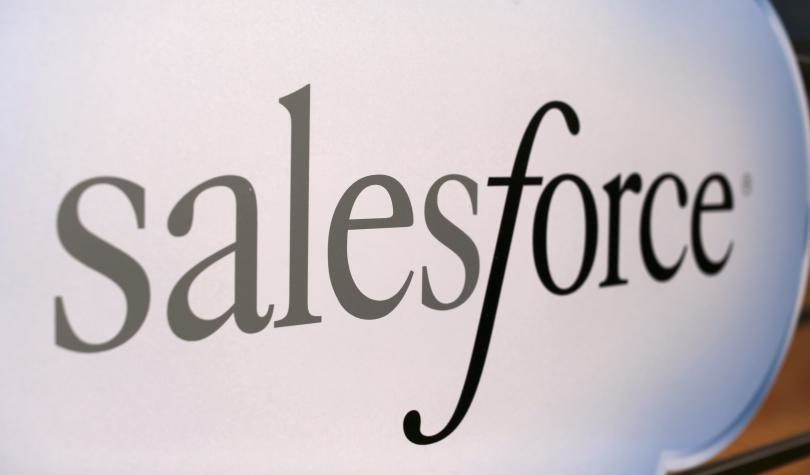M+E Connections

Salesforce Exec: Company Sees More Opportunities from Digital Commerce, AI
Story Highlights
Salesforce continues to see major new opportunities from the digital commerce market and from its Einstein artificial intelligence (AI) platform, according to John Cummings, its SVP of investor relations.
The company entered the retail/digital commerce market in the summer via its $2.8 billion purchase of Demandware, a major provider of enterprise cloud commerce solutions. Demandware had about 350 customers at the time of the purchase, Cummings said at the Bank of America Merrill Lynch Consumer & Retail Technology Conference in New York City March 14.
“You’re going to hear a lot more from Salesforce in the coming months and years about how we’re expanding in this area,” he said of the retail/digital commerce sector, adding that market is “very important to us.”
The Demandware purchase added an e-commerce transactional component to Salesforce’s capabilities, he said, noting that branded retail was Demandware’s strength. Salesforce “can ultimately move beyond branded retail, but that’s certainly where the focus is and the opportunity is today,” he said.
In the eight months since the Demandware purchase, Salesforce has been “seeing some great opportunities in cross-selling” as a result of that transaction, he said.
Cummings also became the latest Salesforce executive to tout the capabilities that the company’s Einstein AI platform provided to customer Coca-Cola. He pointed to the demonstration that Salesforce provided a week earlier at its Customer Kick-Off event in San Francisco.
There, Salesforce and Coca-Cola showed how the image recognition capabilities of Einstein Vision application programming interfaces (APIs) made it possible to easily recognize and count the number of bottles of each Coke product contained in a cooler by analyzing a photo taken of the cooler with a mobile device’s camera. That data and other information can then be used to properly restock the cooler with the best Coke sodas to take advantage of promotions and other factors, the companies showed.
“From what I’ve seen so far” of the technology, it can be used by a company to determine “what the right shelf set is to drive the highest turnover of inventory” at different locations, Cummings told the conference March 14. “The data that’s captured on site, or at the point of sale, may be very different from a shelf configuration elsewhere,” he said, adding: “I can’t say that that’s happening right now… But from what I’ve seen of the technology, there’s no question” that generating such data is possible now.
Einstein Vision can be used to incorporate image recognition into any app, with “just clicks,” according to Salesforce’s web site. Visual search provides customers with visual filters to find products that best match their preferences and take photos of their products to discover where they can make purchases in-store or online, the company said. Brand detection, meanwhile, “allows marketers to increase marketing reach, brand integrity and ad campaign” return on investment “by analyzing user-generated images in communities, review boards and social media,” it said.
As a result, marketers can now “build a better understanding of customer preference and lifestyle to improve customer experiences,” it said.
Product identification “streamlines sales and service by giving” representatives the “ability to evaluate product issues before sending technicians into the field, discover which products are out of stock or misplaced and measure shelf-share to optimize product mix and selling potential,” it said.









